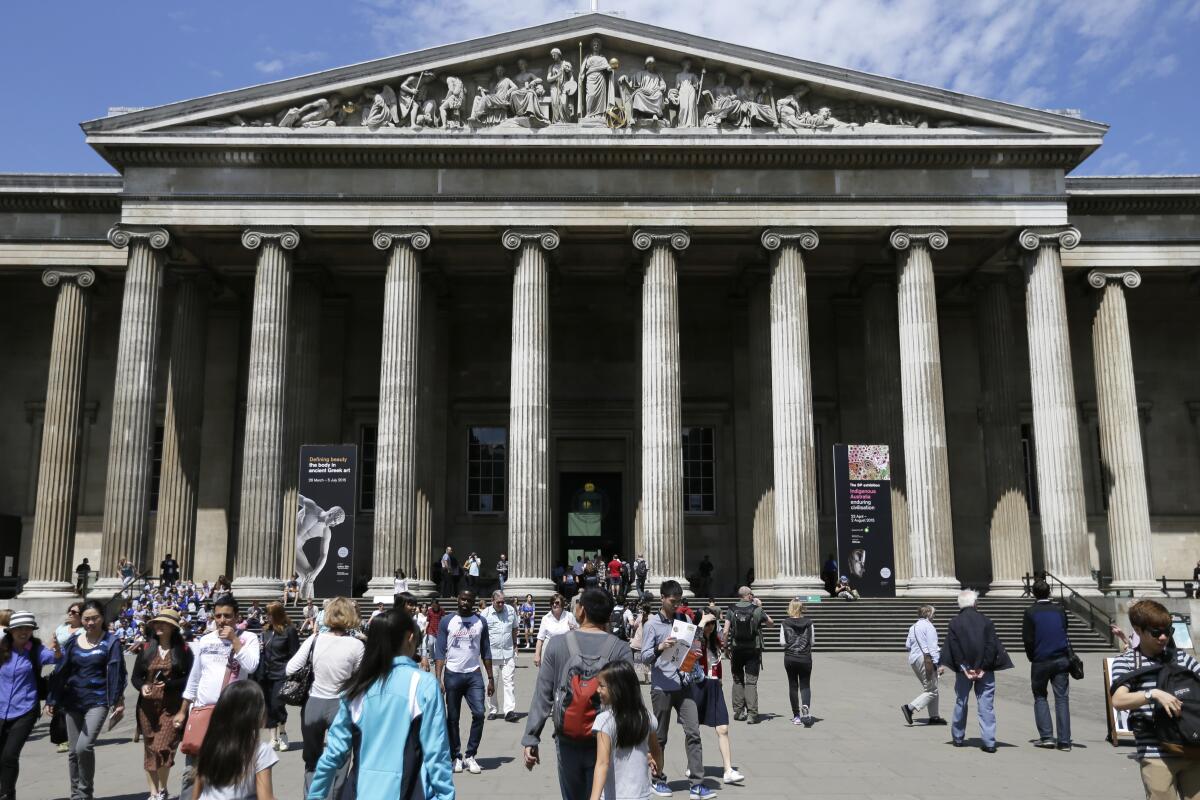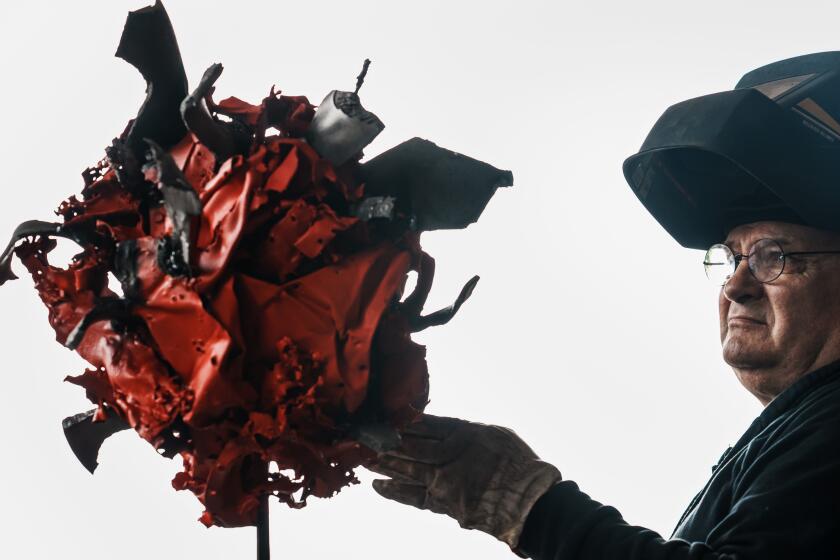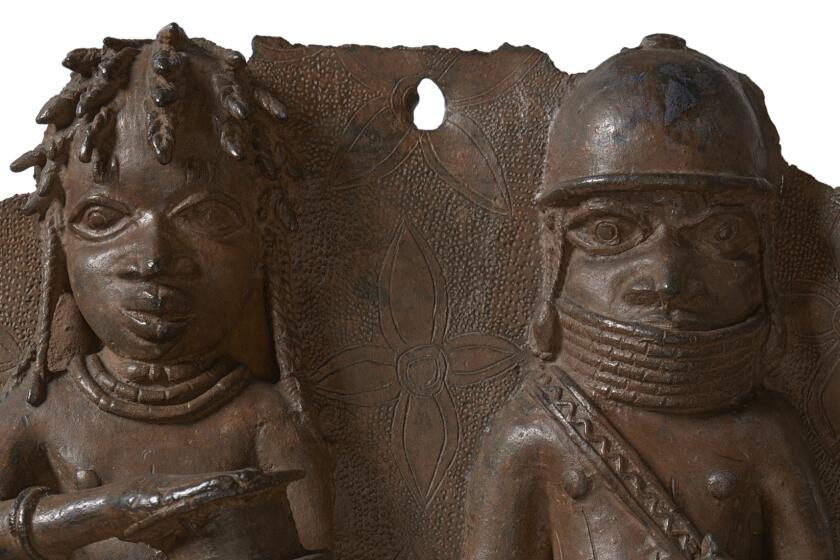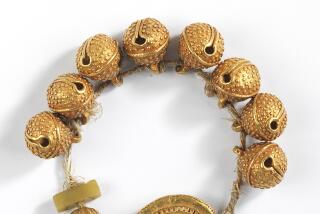Director of British Museum steps down amid controversy over thefts of ancient items

LONDON — The director of the British Museum said Friday that he would step down immediately amid investigations into the theft or disappearance of hundreds of items from its massive collection, including gold jewelry, semiprecious gems and antiquities dating to the 15th century BC.
Hartwig Fischer had planned to leave the post next year but said his presence had become a distraction after questions were raised recently about whether the museum took warnings seriously.
Two years ago, an art dealer contacted museum officials to report that he suspected items from the collection were being peddled online.
“It is evident that the British Museum did not respond as comprehensively as it should have in response to the warnings in 2021, and to the problem that has now fully emerged,” Fischer said in a statement. “The responsibility for that failure must ultimately rest with the director.”
London’s Metropolitan Police are investigating the thefts. The museum previously announced it had fired a staff member and ordered an independent review of security, as well as a “vigorous program to recover the missing items.”
This Ukrainian artist was known for whimsical sculptures. Now, amid Russia’s war on Ukraine, he creates art from war debris, military weapons and fury.
Stolen artifacts include gold jewelry, semiprecious gemstones and glass dating from the 15th century BC to AD 19th century. Most were small items kept in a storeroom and none had been on display recently, the museum said.
The 264-year-old British Museum is a major London tourist attraction, drawing visitors from around the world who come to see a vast collection of artifacts, including the Rosetta Stone that unlocked the language of ancient Egypt, scrolls bearing 12th century Chinese poetry and masks created by the Indigenous people of Canada.
The museum has also attracted controversy because it has resisted calls from communities around the world to return items of historical significance that were acquired during the era of the British Empire. The most famous of these disputes include marble carvings from the Parthenon in Greece and the Benin bronzes from West Africa.
The British home for 19th century Benin sculpture says it will repatriate the artworks to Nigeria. California museums face a similar decision.
Fischer’s announcement included an apology to the whistleblower, Ittai Gradel, an art historian and dealer, who contacted the museum after seeing items he thought belonged to the museum being sold on EBay.
On Wednesday, Fischer issued a statement saying that the museum had taken the allegations seriously in 2021. But he said concerns had been raised only about a small number of items and said it was frustrating to learn that Gradel, whom he did not name, had “many more items in his possession.”
Gradel told the BBC that it was an “outright lie” he withheld information from the museum. He said he offered any assistance they needed and they never contacted him.
“I also misjudged the remarks I made earlier this week about Dr. Gradel,” Fischer said Friday. “I wish to express my sincere regret and withdraw those remarks.”
Fischer said he had offered his resignation to the chairman of trustees and would leave as soon as a temporary leader could be appointed.
The museum had said it would take legal action against the dismissed staff member.
More to Read
Sign up for Essential California
The most important California stories and recommendations in your inbox every morning.
You may occasionally receive promotional content from the Los Angeles Times.












